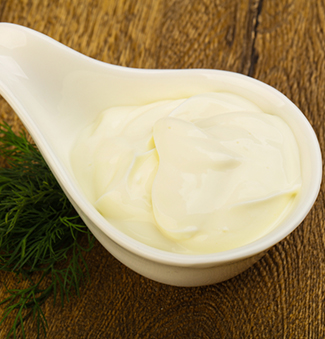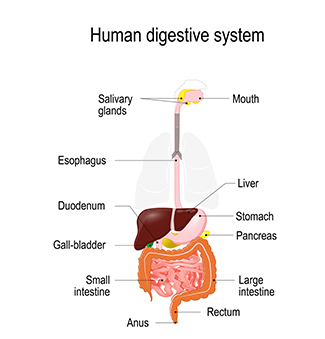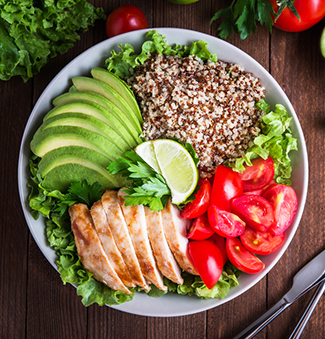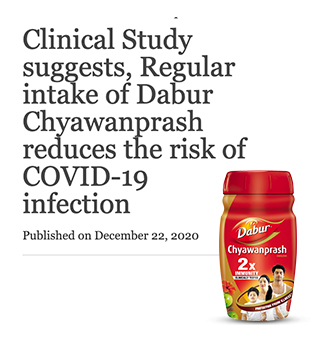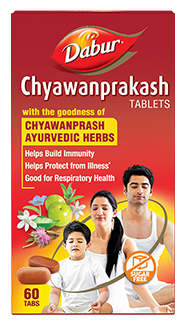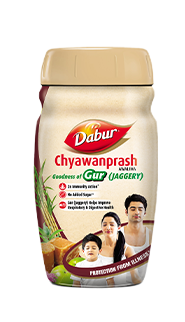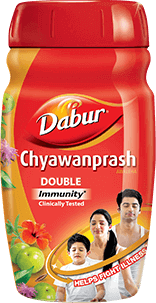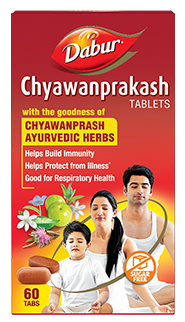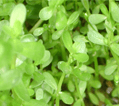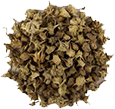The immune system does the job of defending you against disease-causing microorganisms. Sometimes the immune system is not able to defend the body. Although difficult, it is possible to intervene in this process and make the immune system stronger. The immune system is not a single entity. To requires balance and harmony to function well. There is a lot to be understood about the intricacies and interconnectedness of the immune response. The effects of diet, exercise, age, psychological stress, and other factors on the immune response are still being studied. In the meantime, one can adopt general healthy-living strategies to make the immune system stronger .
The gender bias in autoimmune diseases is widely known with a shift towards women. Women account for roughly three-quarters of all diagnoses. One explanation is that the male hormone testosterone tends to suppress the body's response to infection while Estrogens boost the immune response. Since women have a more vigorous response, their immune systems might be more likely to become hyperactive. A more recent explanation states that while men carry an X and Y chromosome, women carry two X chromosomes and genes on X chromosome may play a major role in expressing immune responses. Another explanation is about the phenomenon known as microchimerism. It is the presence of someone else's cells in your body. There is a significant exchange of cells between mother and child during pregnancy and child birth. In most cases, both the mother and the child get rid of those cells within a few weeks after birth. However, this process may be incomplete sometimes. The foreign cells "implant" in their host and challenge the immune system. This could set off an autoimmune response. This can occur in either the mother or the child. As children can be either sex but all mothers are female, women have more chances to develop microchimerisms. However, there is very little evidence that women who have given birth are more likely to have an autoimmune disease than childless women.
Age and immunity
Aging leads to a reduction of immune response capability. It contributes to more infections and more incidences of inflammatory diseases. Compared with younger people, elderly people are more likely to contract infectious diseases and more likely to die from them. Reduction in T cells with ageing may correlate with an increase in episodes of infection.
In elderly people, there seems to be a connection between nutrition and immunity. Elderly people are more likely to suffer from a common form of malnutrition known as "micronutrient malnutrition." People with micronutrient malnutrition, are deficient in some essential vitamins and trace minerals. Older people may have less variety of foods in their diets. Dietary supplements may help older people maintain a healthier immune system.
Diet and immunity
Healthy immune system warriors need good, regular nourishment. Malnourished people are more vulnerable to infectious diseases. There are few studies on the effects of nutrition on the immune system of humans. There are even fewer studies that tie the effects of nutrition directly to the development of diseases. Micronutrient deficiencies alter immune responses. These micronutrients are zinc, selenium, iron, copper, folic acid and vitamins A, B6, C, and E. Taking a daily multivitamin and mineral supplement may have a beneficial effect on the immune system.
Herbs and other supplements
Some herbal preparations claim to "support immunity" or boost the health of the immune system as recommended by Ayurveda. These preparations may act by altering some components of immune system, know more about the various Medicinal Plants & Their Uses.
The stress connection
The close link between the mind and body has been appreciated by every system of medicine. Several conditions like stomach upset, hives, and even heart disease, are linked to the effects of emotional stress. Stress is difficult to define. What may appear to be a stressful situation for one person may not be so for another. Chronic stress= may be caused by strained relationships within family, friends, and co-workers, or sustained challenges related to work. It can reduced immune functions and may be responsible for the heightened incidence of infectious among chronically stressed individuals5
Effect of exercise on immunity
Regular exercise is very important for healthy living. It improves cardiovascular health and lowers blood pressure. It helps control body weight and thereby can protect against a variety of diseases. Exercise also contributes to a healthy immune system. It improves blood circulation, which allows the cells and components of the immune system to function better. Moderate and regular exercise is beneficial for healthy living. It is potentially an important mean for keeping your immune system healthy along with the rest of your body.
Certain foods and drinks have a natural immunity boost so it is best to tap their benefits.
-
Tea:
Benefits of herbal teas and green tea are renowned. Herbal teas like Chamomile etc. can help prevents sickness due to the presence of plant-based compounds called polyphenols.. Polyphenols have been reported to possess antioxidant, antiviral, and anti-inflammatory activities and stimulate immune function6
-
Oats:
Macrophages fight bacteria and viruses. They are activated by beta-glucans, a component of fiber rich foods. The best source is oats.
-
Salads:
Salads prepared with Vegetable and fruits especially with deep color are good sources of carotenoids which can help boost immune functions. These are best consumed with a little dressing of fats. Fat is necessary for the carotenoids to reach the absorptive intestinal cells. Choosing dressings with healthy fats from olive or nut oils can be good.
-
Whey:
Whey protein is an effective immune-boosting agent. It is rich in an amino acid called cysteine, which converts to amino acid glutathione in the body. Glutathione is a potent antioxidant. It fortifies cells against bacterial or viral infection.
-
Tomato:
Lycopene in tomatoes acts as an antioxidant. It helps white blood cells resist the damaging effects of free radicals. Other sources include red carrots, watermelons, and papaya.
-
Capsaicin:
Eating food containing hot components such as capsaicin may improve immune status. It might help flush out some toxins.
-
Honey:
It reduces the risk of cardiovascular disease and diabetes. It also helps to shape up the immune system.
Visit our immunity blog to learn how to boost immunity naturally.

